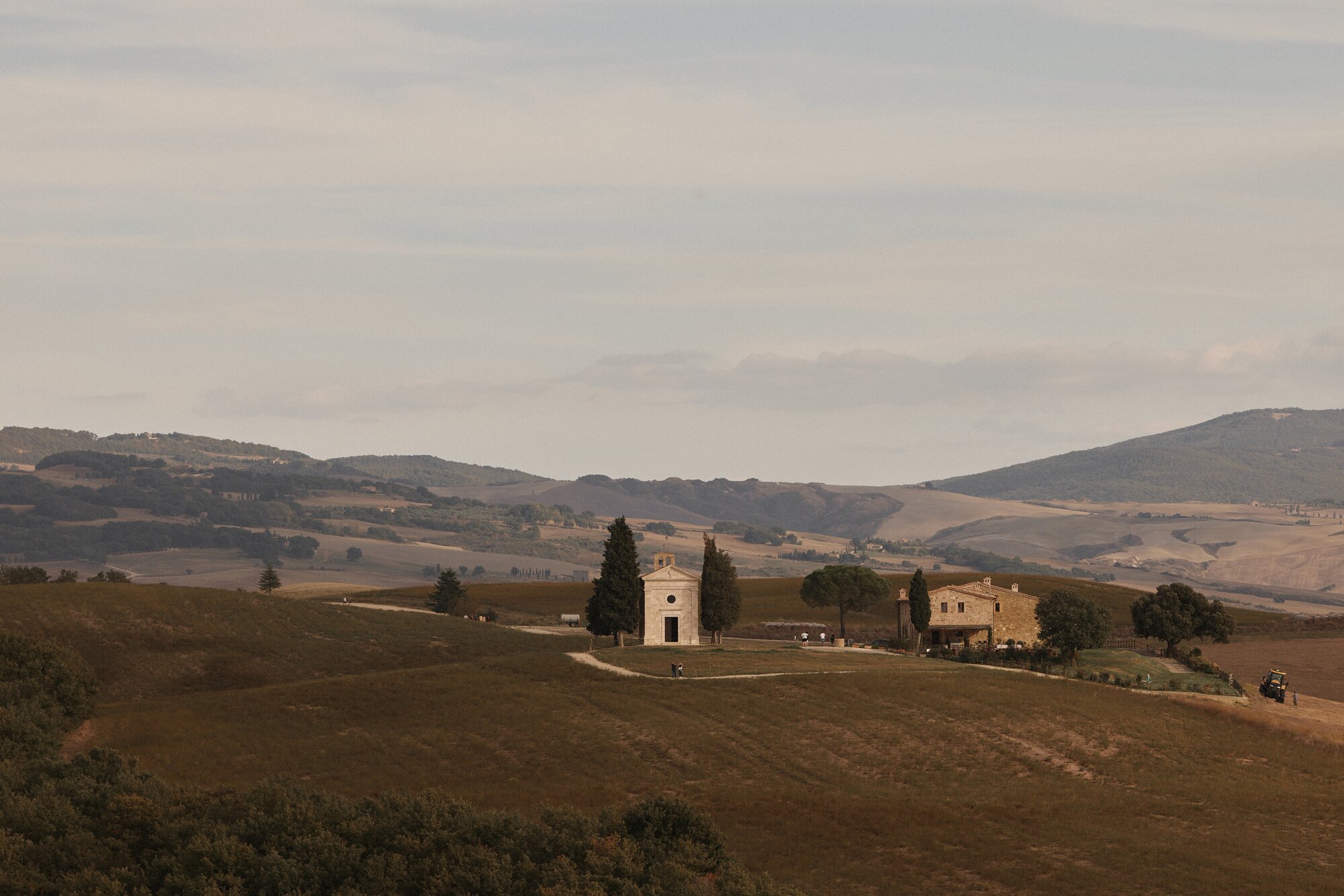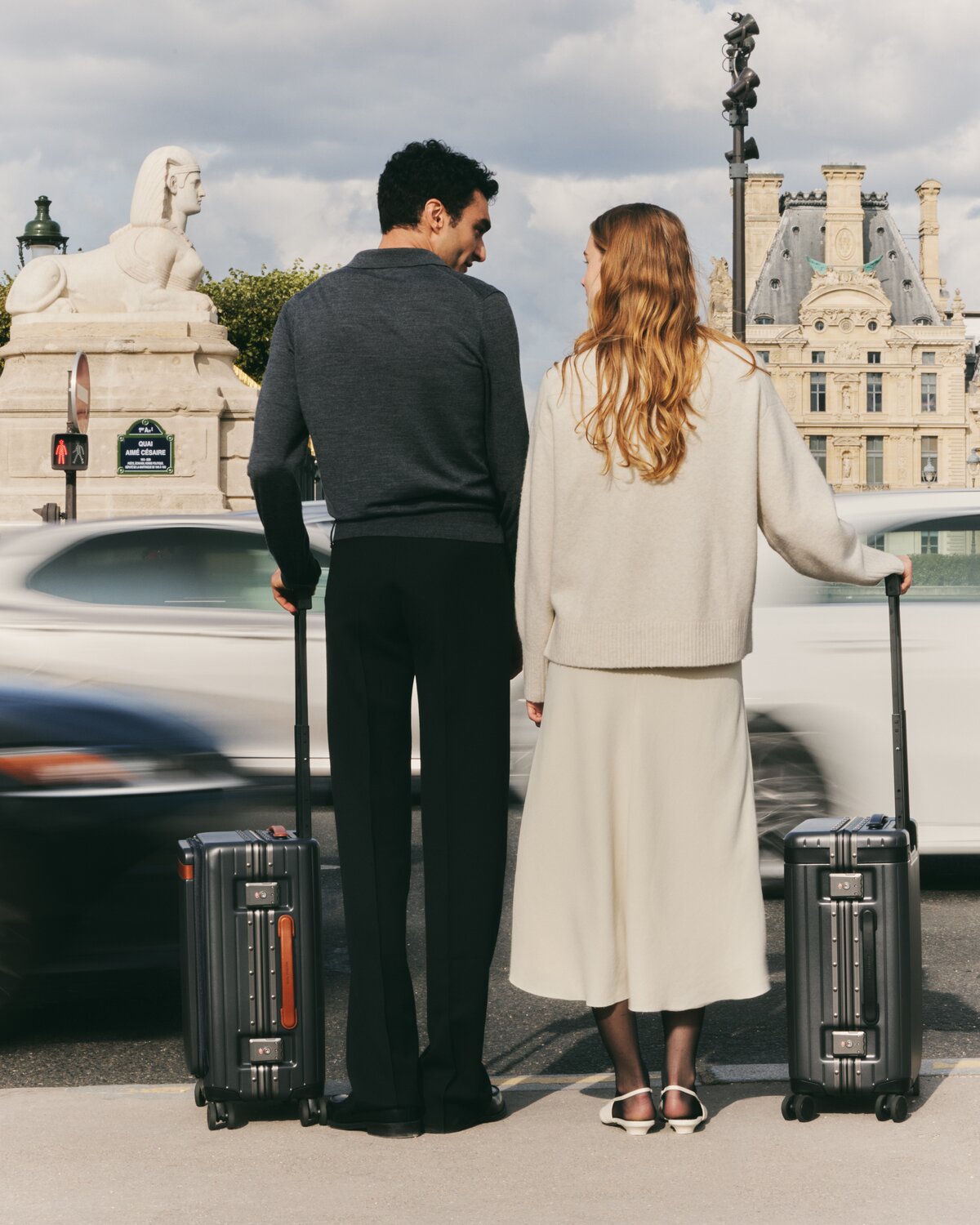Travel trends are always based on what people are looking for in a holiday – whether that's the flexibility to be able to balance remote working with relaxation or short trips that offer a much-needed break, with less time booked out of your calendar.
The new kid on the block is ‘experiential travel'. This is different from traditional sightseeing tours or superficial mass tourism. It involves truly immersing oneself in a travel destination, rather than experiencing it for a few social media posts, or if you’re old-school, the photo album.
For instance, rather than sampling local dishes, vacationers could look to explore the roots of the ingredients that made those dishes and the stories behind the people who sourced them. Let's get into the finer details of what experiential travel is and why it's becoming the latest way to take a break.
Contents
What is experiential travel?
Why is experiential travel on the rise?
Benefits of experience-focused travel
Examples of experiential travel holidays
Tips for planning experiential trips
Best luggage for experiential travel
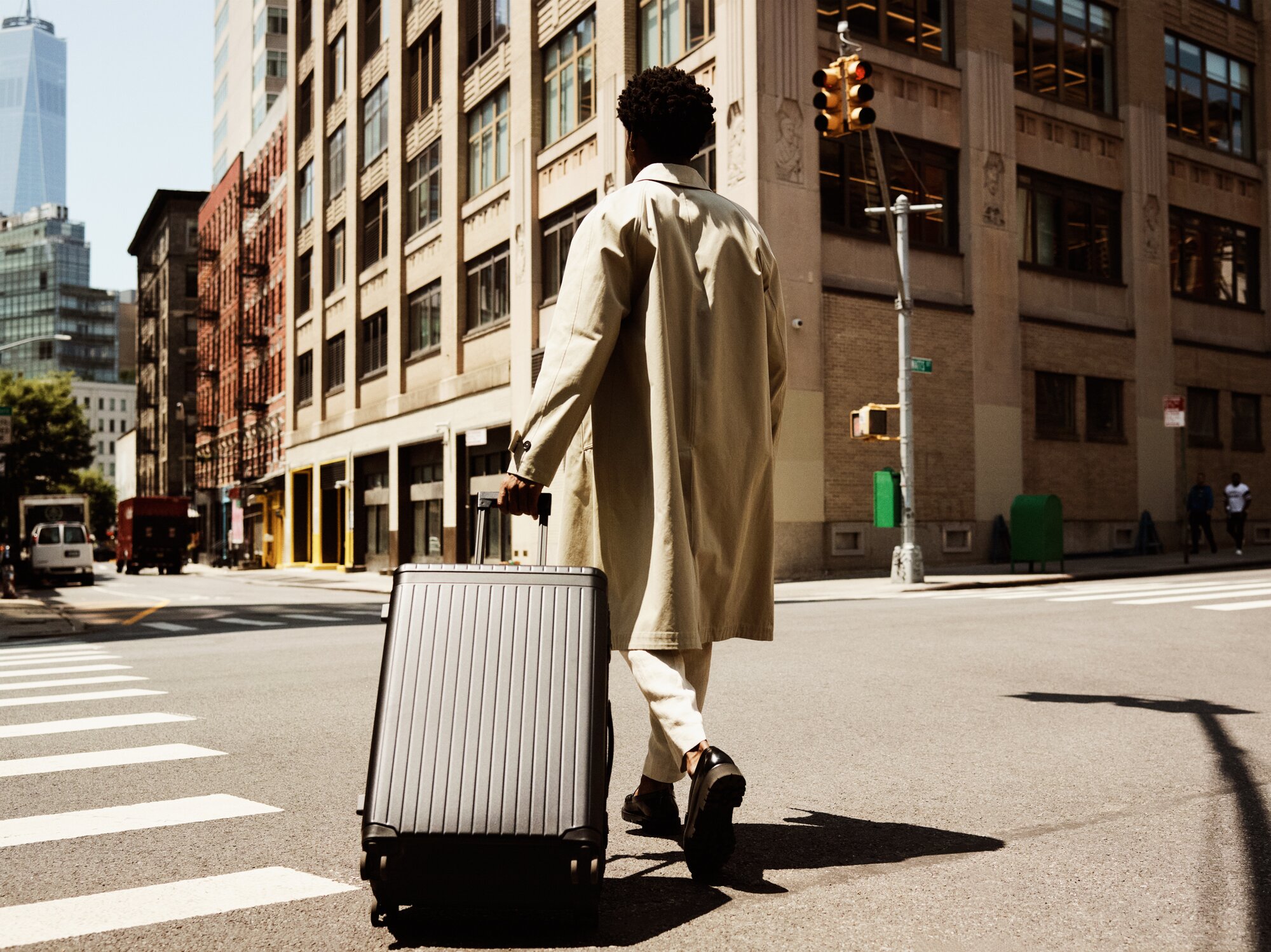
The Check-in
What is experiential travel?
Experiential travel is a type of tourism that encourages travellers to take part in authentic and meaningful experiences, rather than falling back on popular tourist destinations or sights commonly shared on social media. Experience-based travel focuses on engaging with and understanding the local culture, environment and people who live in a place on a much deeper level, with the goal of facilitating personal growth.
Why is experiential travel on the rise?
According to the travel booking site Expedia, 2022 was known as the ‘Year of the GOAT’ (Greatest of All Trips). 40% of travellers had a desire to travel to try new foods, 31% wanted to sample new local delicacies and 23% of people wanted different experiences that were more local at heart, taking them to new and more challenging destinations.
Almost two-thirds (65%) of United States travellers would prefer to experience ‘something new’ on vacation, instead of feeling ‘rested and recharged’. In 2019, Airbnb announced that ‘Experiences’ booked in Thailand by customers aged 24 or under (Gen Z), had increased by 228% year-on-year, signalling a desire for younger travellers to broaden their horizons.
Interacting with local people and culture
As aforementioned, cultural exploration and activity-based travel experiences are at the heart of experiential travel.
Participating in unique cultural activities can take modern-day travellers out of their comfort zone and help them learn new skills as a result. From joining the Rettir sheep herding celebration in Iceland to taking authentic Salsa dance classes in Colombia, the goal is to gain a better understanding of local culture by tackling it head-on.
This mode of travel sees vacation as a learning experience, with relaxation a secondary aim. As a result, a person can experience growing confidence and adopt new perspectives. So if you’re keen to experience something that will shock the system, this kind of travel might be just the ticket.
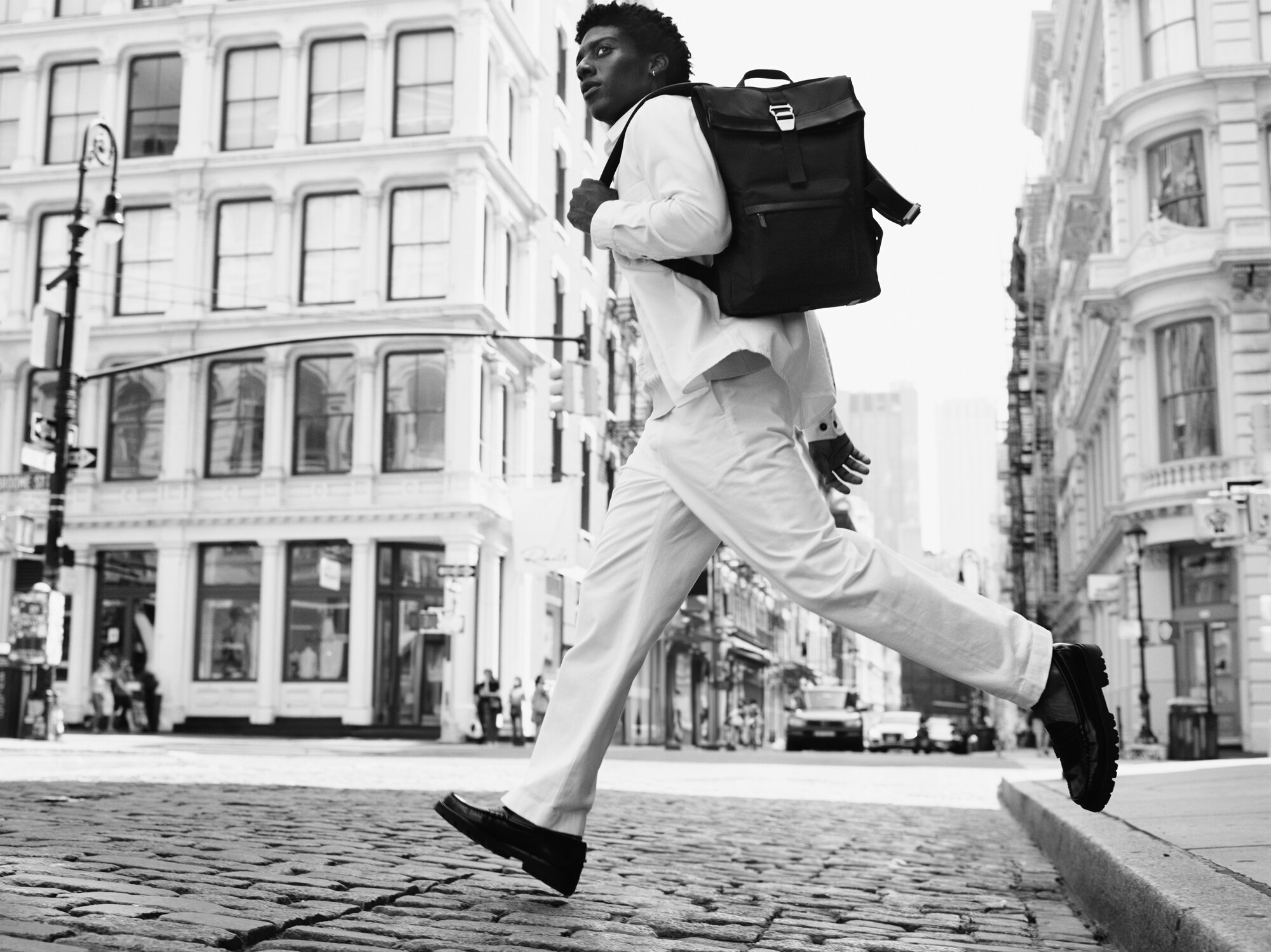
City-hopper Backpack
Benefits of experience-focused travel
There are many benefits to travellers who choose to engage with experience-focused travel.
- By becoming involved in local cultures, traditions and customs, you can learn more about the world's diversity and have a greater appreciation of it, which can lead to increased cultural sensitivity and empathy
- Experience-focused travel enables you to see a country or destination from a different perspective (i.e. beyond a week spent lying on the beach or by the pristine hotel pool). You may discover a cultural highlight that others haven't. For example, you could book a Kenyan safari but also choose to spend time with the Maasai people, a semi-nomadic tribe
- By experiencing a destination through immersion in nature, participation in physical activities and relaxation in serene environments, your physical and mental well-being can improve, helping to contribute to overall wellness and happiness. Think glacier chasing in Greenland or hiking through New Zealand’s alpine trails
- Experiencing local life also promotes cross-cultural exchange, allowing travellers to share their own cultures and traditions while learning from others. This can foster greater cultural understanding and empathy between communities, and travellers can return home with stories to tell and lessons learned
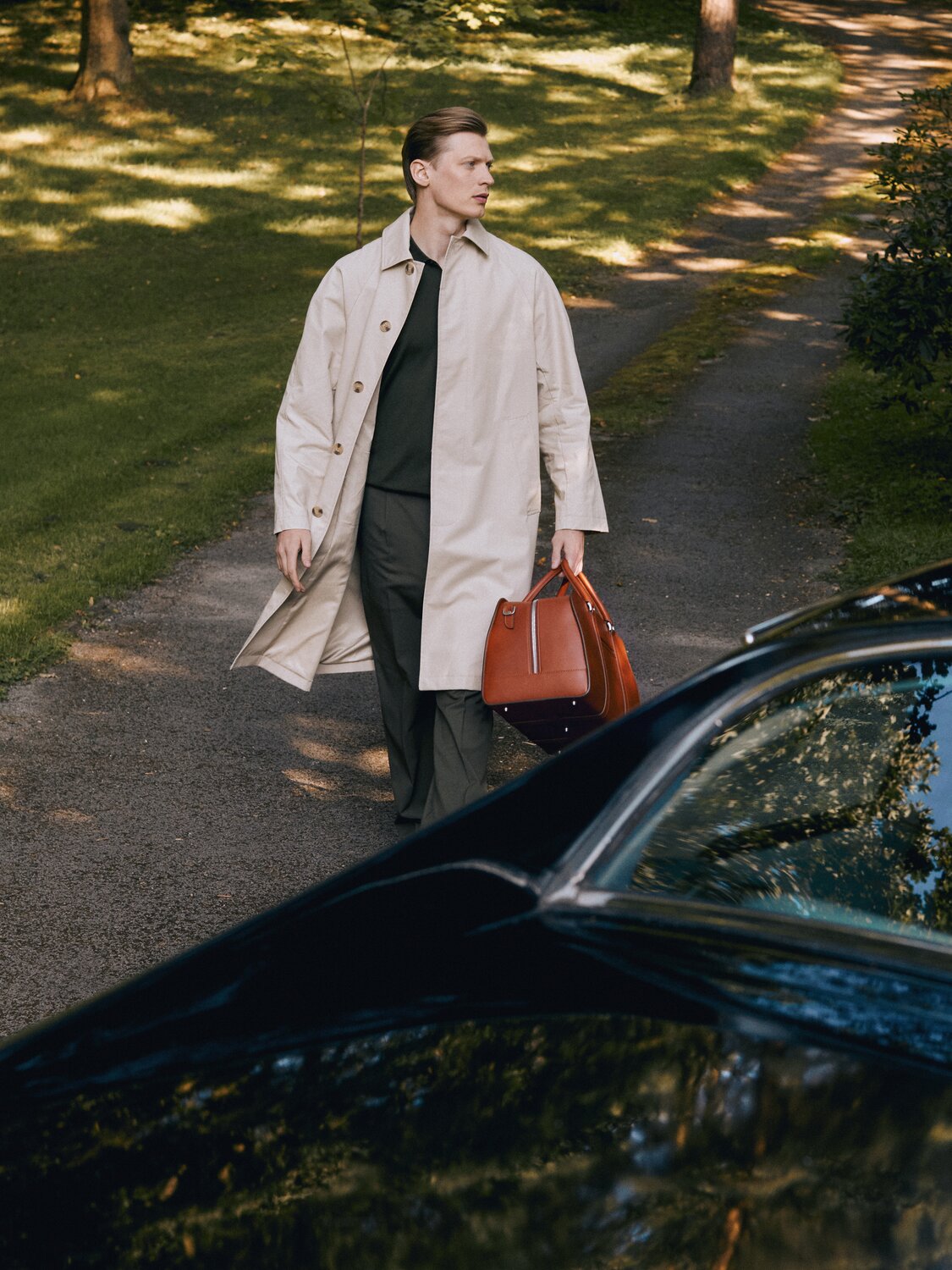
Palissy Weekend
Examples of experiential travel holidays
When it comes to getting involved in local culture and scratching beneath the surface, the itinerary possibilities are pretty much limitless, but some common experiential holiday experiences include:
- Safaris that involve touring national parks, rainforests and jungles, and meeting indigenous peoples who live in these environments
- Trips to places like the Arctic Circle, Antarctica or Inner Mongolia to gain a better appreciation of nature
- Outdoor adventure holidays including kayaking, biking and hiking
- Volunteer experiences that involve helping out in local or charity-organised schemes to aid local people or wildlife conservation projects
- Off-the-beaten-path homestays
- Visiting religious sites and cultural festivals
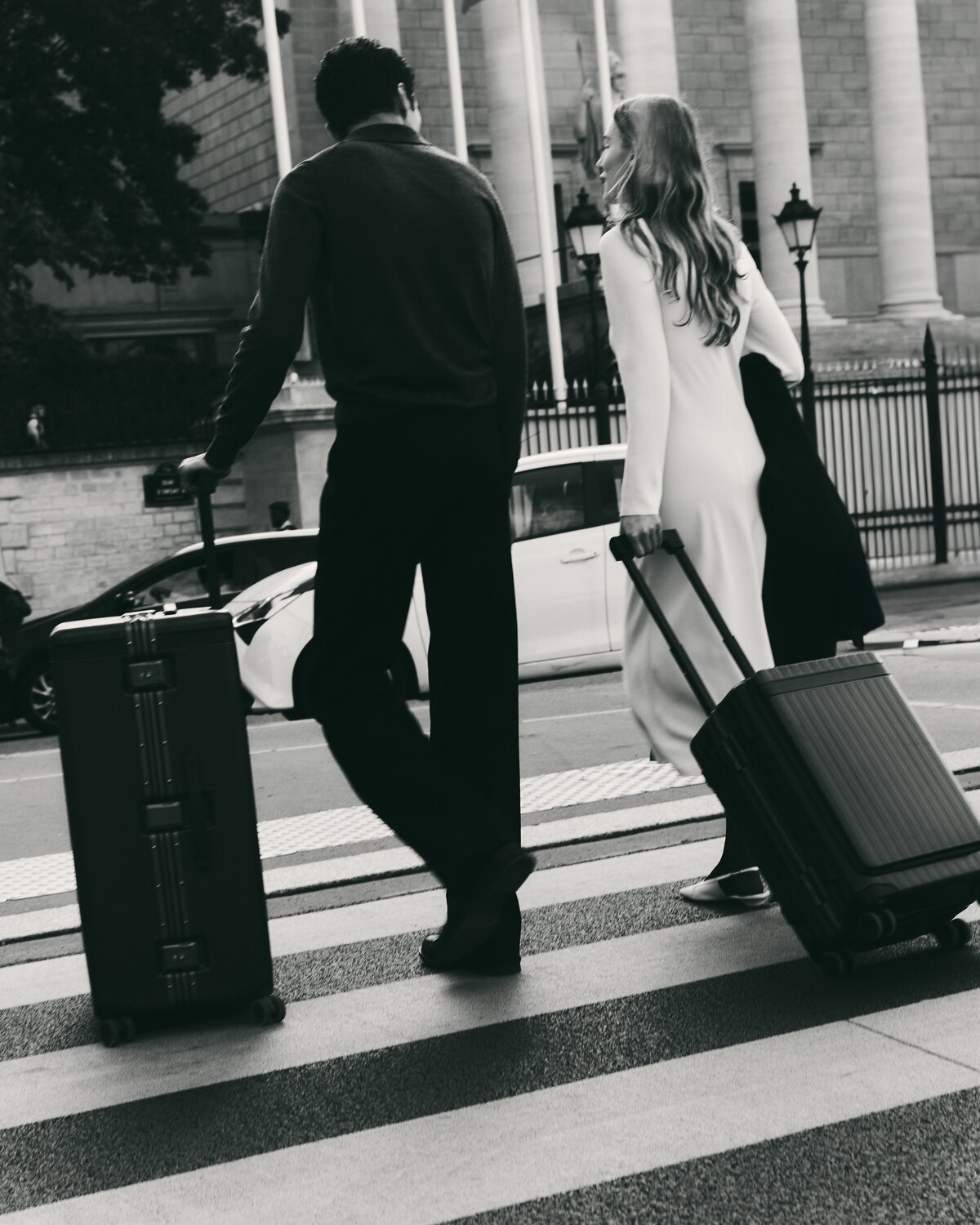
The Luggage Set
Tips for planning experiential trips
Due to the immersive nature of experiential holidays, it's important to be well-prepared. Here are some pointers for planning your trip.
Research your destination thoroughly
Be well-informed and prepared as much as you can be. Know the safe (and not so safe) parts of where you will be visiting, look up the best local places to eat and drink, study maps, read reviews on local restaurants and attractions and study your options for transport.
If you can, book your transport in advance so you know how you'll be getting around. If it's likely you'll have a language barrier, note down some common phrases that will get you by.
Prioritise what you want to achieve
Researching experience-focused travel experiences can be overwhelming. Focus on what you want to achieve from the trip and don't try to cram too much in a single day.
Create a timeline with trip milestones
Whether you're planning a safari or a train ride across a country, it's important to plan where you'll arrive and when. Have a rough plan of your travel journey and its milestones. Take time to rest, time to explore and time to get lost. Stepping away from your plan can be fun, but having it in place will also ensure that your trip stays on track, without any setbacks.
Pack sensibly and lightly
When you pack lightly and only bring what you really need, you'll have fewer items to concern yourself with when you have to pack up and move to your next destination. Experiential travel often comes with a lot of moving around, so don't pack your entire wardrobe.
Bring a change of clothes for each day, as you may get dirty from some of the activities you end up doing. Also bring mosquito repellent (if necessary), a first-aid kit, any medicines and sanitary items you require, a raincoat and sensible walking shoes should you decide to go off-grid. Also, bring a map of the region you'll be adventuring in, in case you lose signal for your phone.
Best luggage for experiential travel
Because experiential travel is normally planned over a longer number of days, with plenty of destinations to visit, a longer packing list is usually necessary.
If you’ve got a large haul, look no further than our extra-large hard-shell suitcase, The Large Check-in. This hybrid aluminium-polycarbonate case is backed by a lifetime guarantee and has the durability needed for a lifetime of adventures. TSA-approved locks will keep your essentials safe while travelling and the seamless 360° wheels necessitate seamless journeys.
To organise clean from dirty clothing, or separate smaller items like socks and underwear, our set of four packing cubes has you covered. These are designed to stack easily into all Carl Friedrik travel cases.
For hiking or going off-grid, City-hopper Backpack in our hardwearing new nylon material is the best choice. It’s designed to compartmentalise your daily carry, with multiple compartments of differing sizes and even a dedicated water bottle pocket.
Takeaway
Experiential travel is really about stepping away from everyday life and experiencing something truly unique and authentic. There are many ways to take part in this kind of adventure, from safaris and glacier chasing to community stays and cultural retreats. If you’re itching to get out there and learn by doing, an experience-based trip is perfect for you.
The latest product news and travel guides? It's just a sign-up away.
